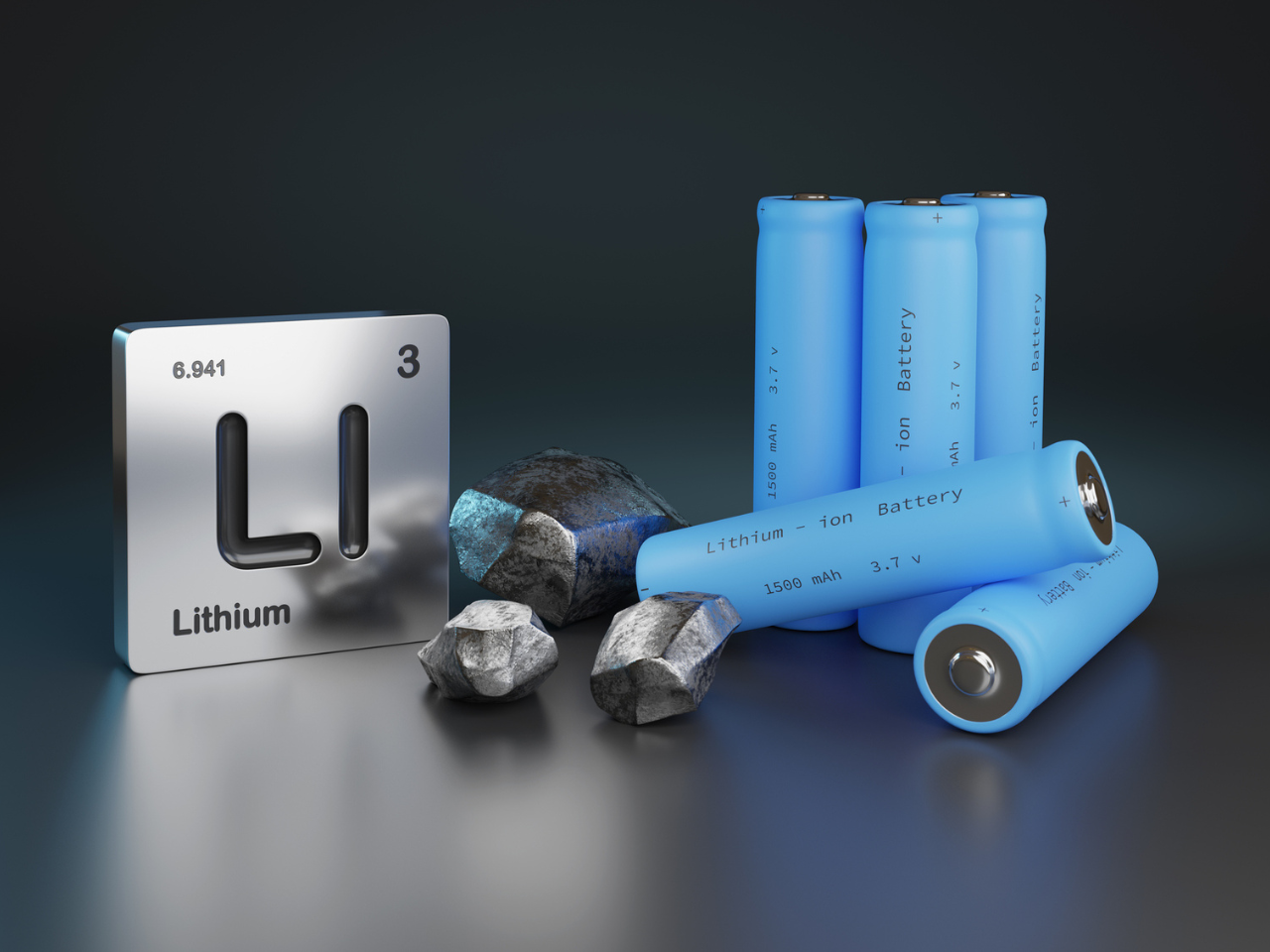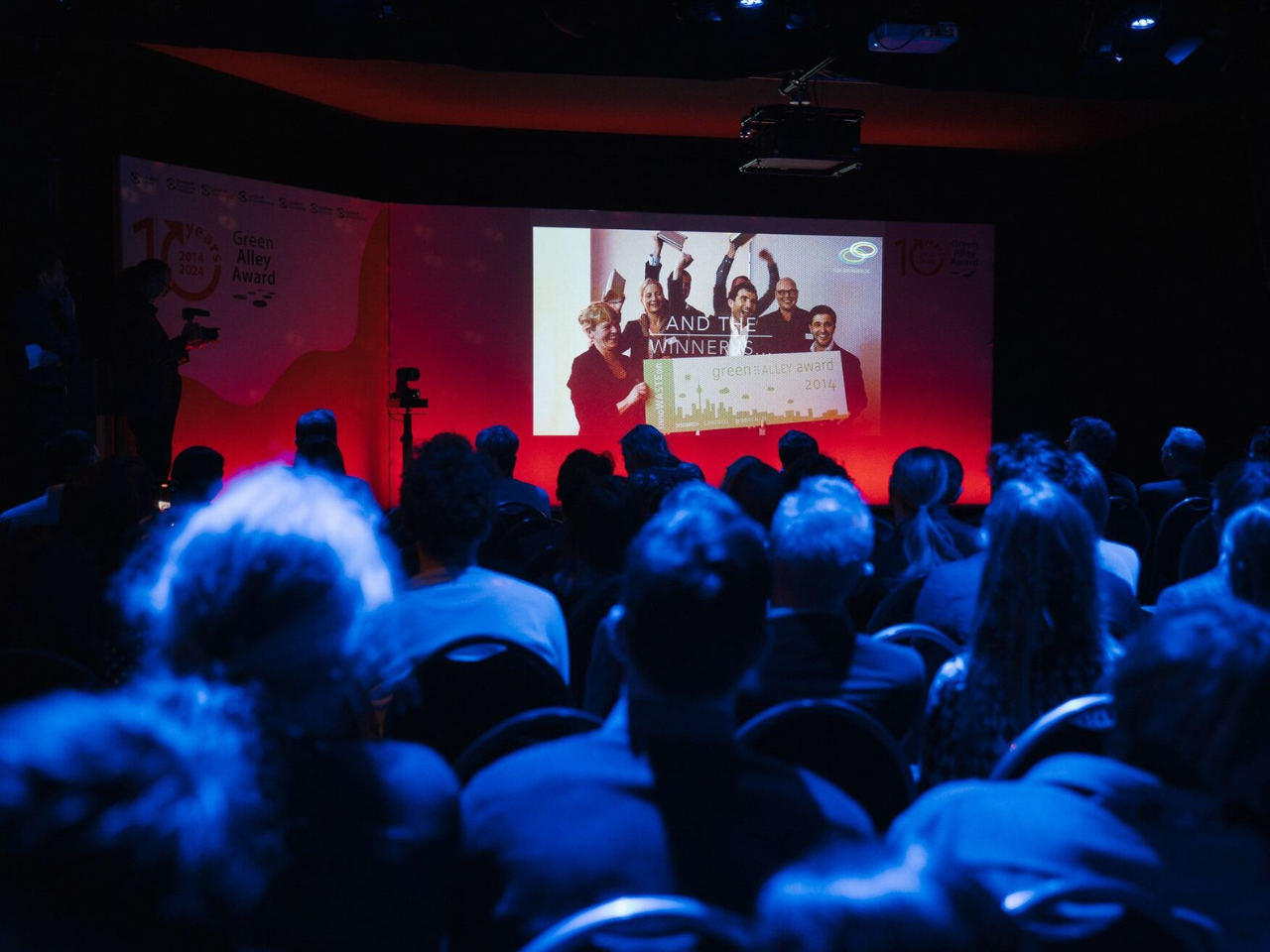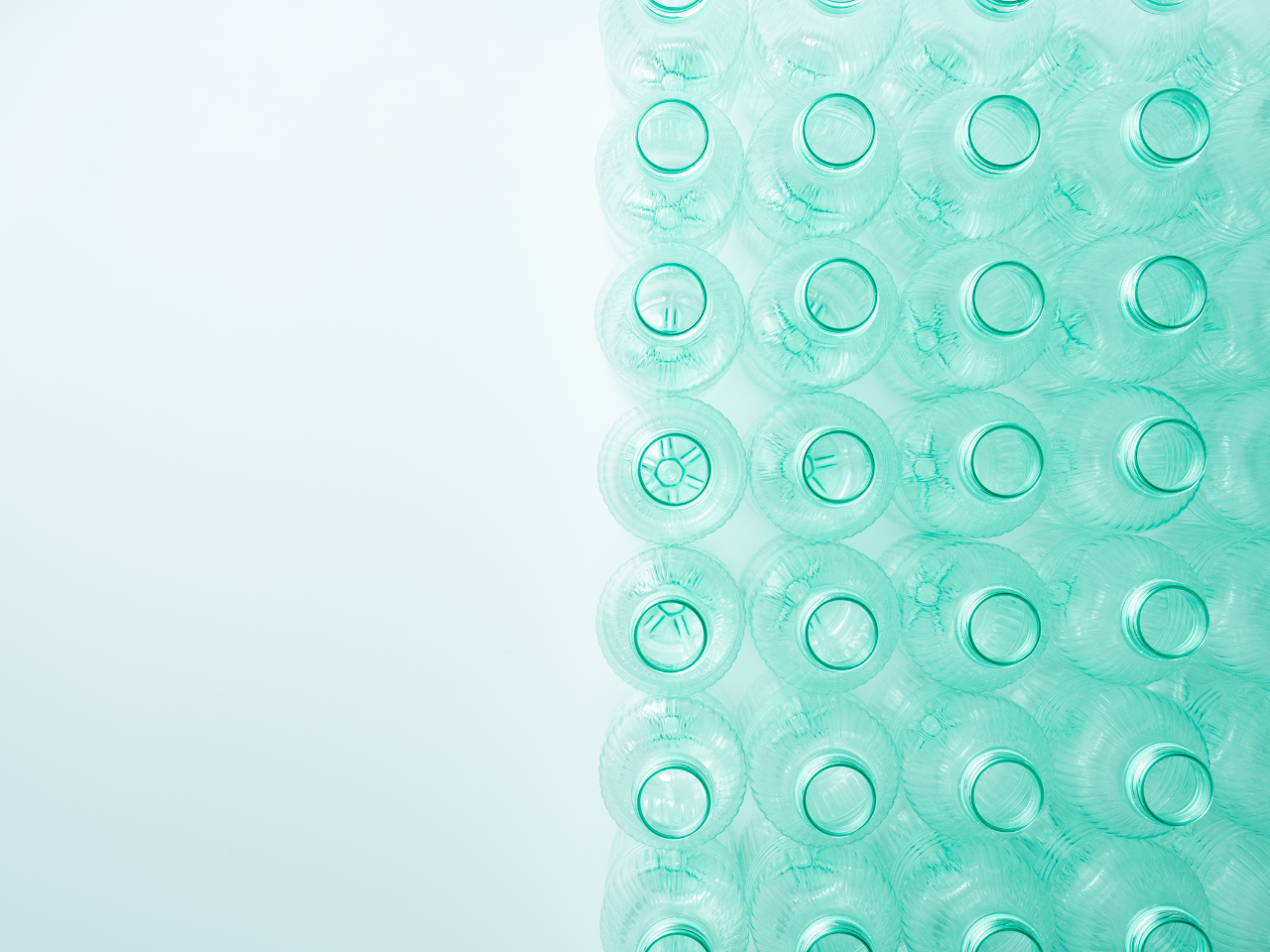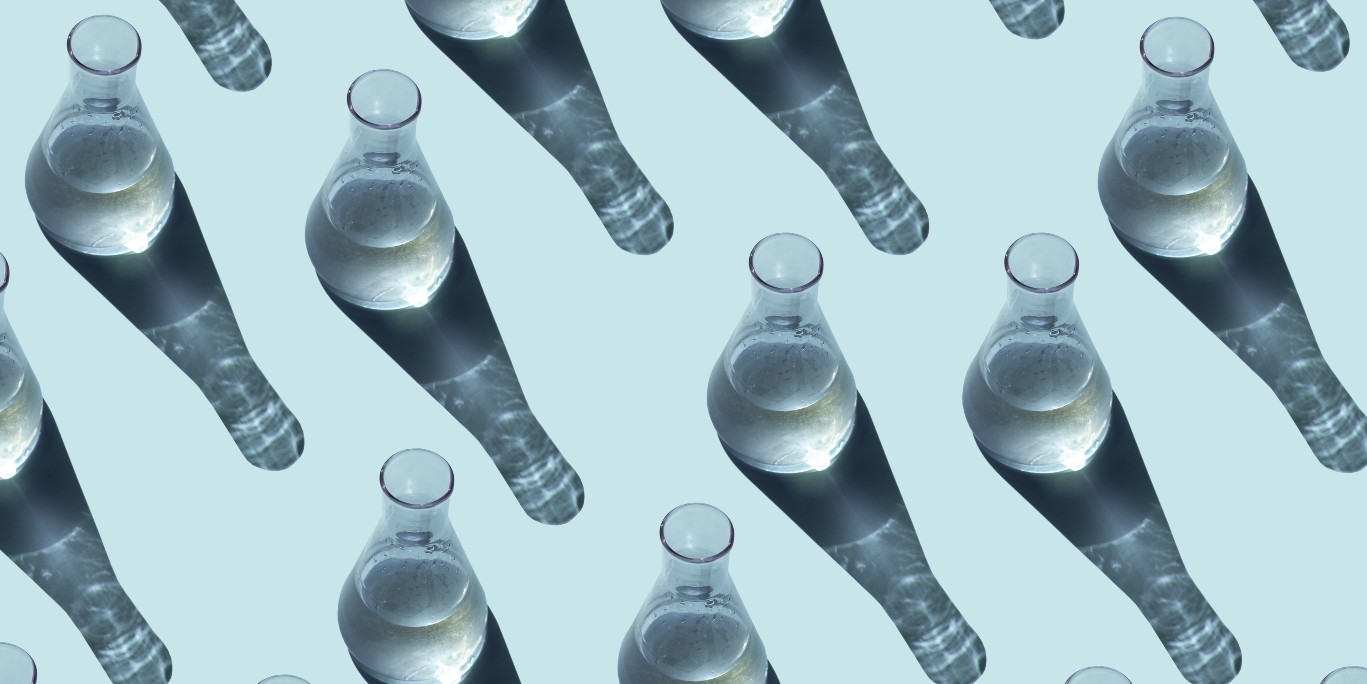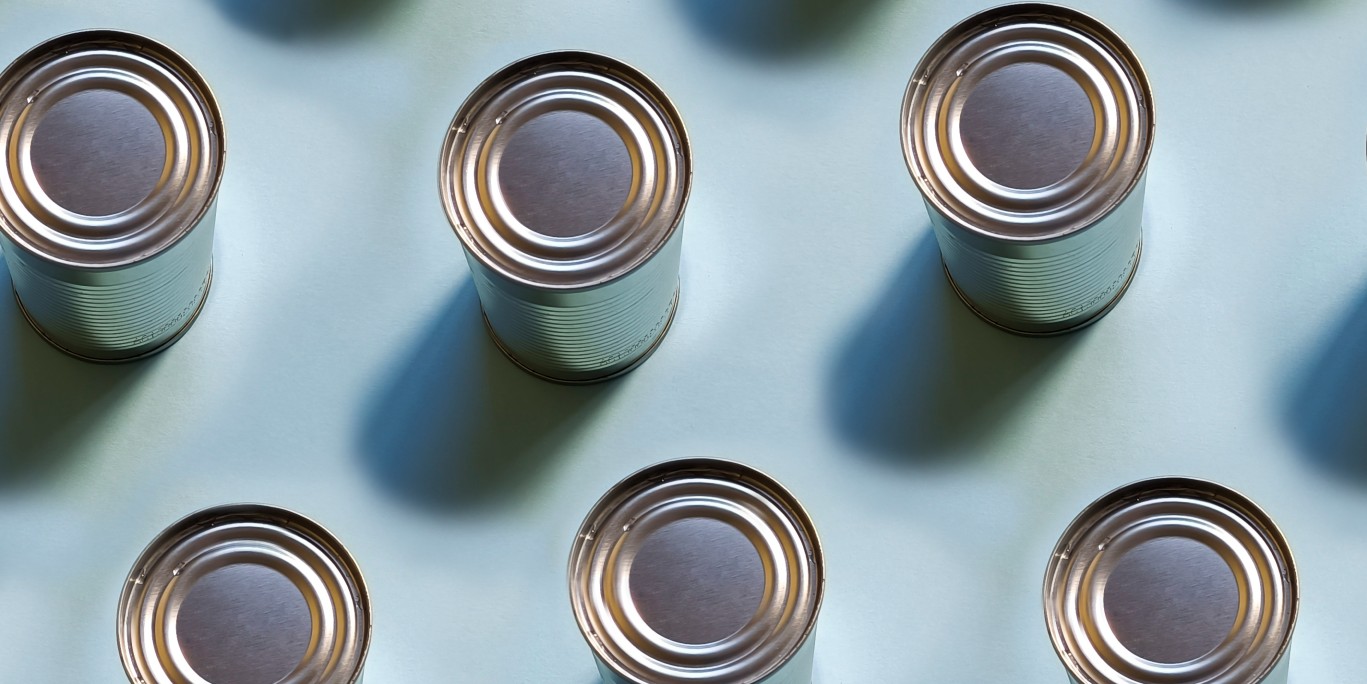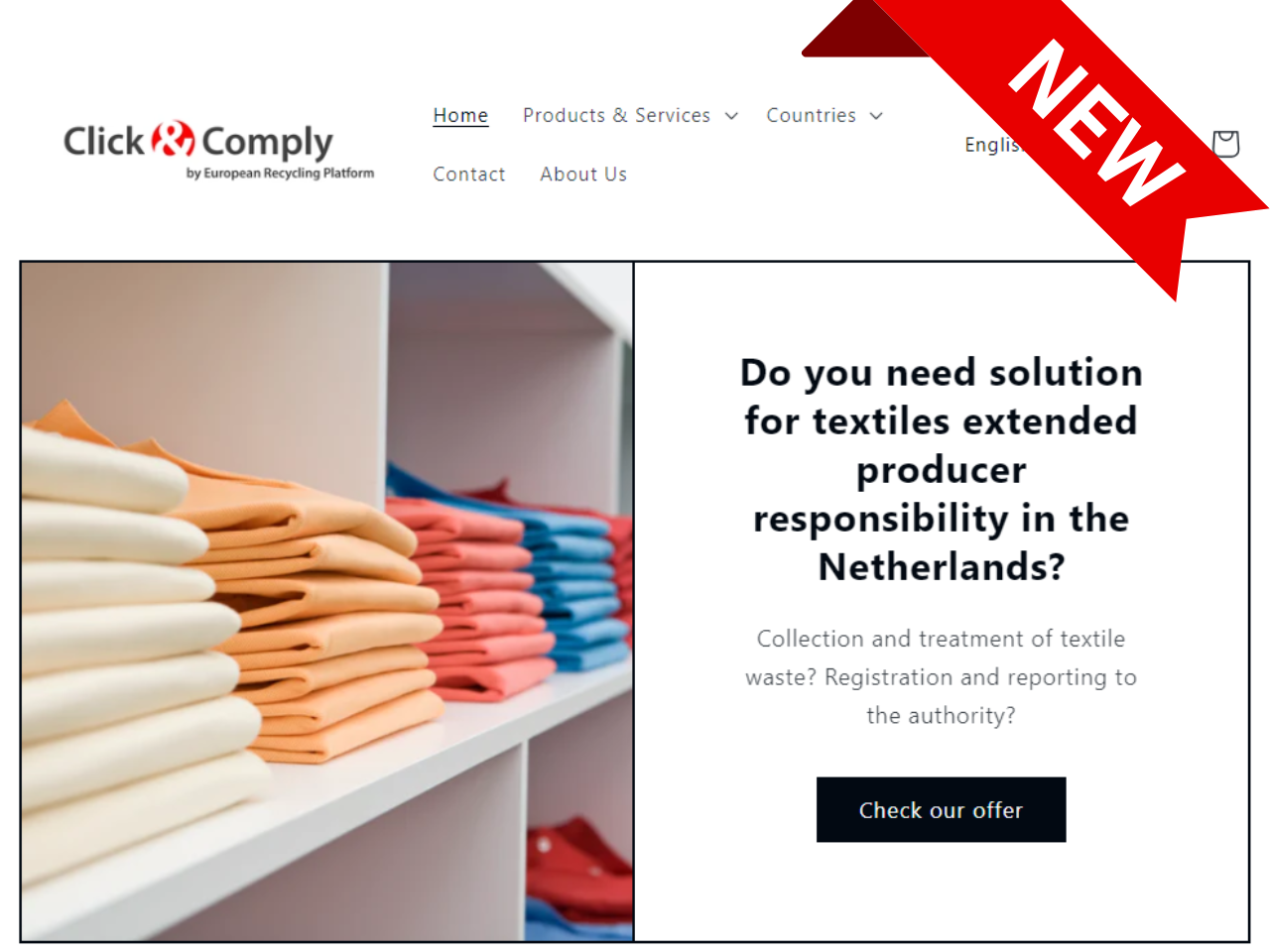What are the latest developments concerning environmental legislation globally? We’ve picked out some highlights for you for March 2023.
Discussions on new EU packaging regulation gather pace
After the European Commission published its proposal for a new regulation on packaging and packaging waste (PPWD) in November last year, discussions are now starting in the European Parliament.
The Committee on the Environment, Public Health and Food Safety (ENVI) is responsible for the dossier. However, the Committees on the Internal Market and Consumer Protection (IMCO), Agriculture (AGRI) and Industry, Research and Energy (ITRE) also plan to deliver opinions on the legislative proposal.
The following rapporteurs and shadow rapporteurs have been appointed:
- Frédérique Ries (Rapporteur, Renew, Belgium)
- Luisa Regumenti (EPP, Italy)
- Delara Burkhardt (S&D, Germany)
- Grace O’Sullivan (Greens, Ireland)
- Silvia Sardone (ID, Italy)
- Pietro Fiocchi (ECR, Italy)
- João Pimenta Lopes (Left, Portugal)
Their task will be to reach a compromise on the dossier within the parliament.
The timetable in parliament is extremely tight as the aim is to conclude the dossier before the European elections next year. A first discussion will take place in the Environment Committee on 17 April, with the vote scheduled for 20 September. The final vote in plenary could take place as early as 2 October.
The European Council has also started its work on the dossier, dividing the regulation into eleven thematic work packages to be dealt with over the course of the year.
Proposed amendment to the WEEE Directive on the takeback of PV modules
The European Commission has published a proposal to amend the Directive on Waste Electrical and Electronic Equipment (WEEE) to clarify when and by whom the takeback of photovoltaic modules must be financed.
The amendment follows a ruling by the European Court of Justice (ECJ) in January that invalidated Article 13(1) of the Directive. This article obliges producers to bear the costs for the collection, treatment, recovery, and environmentally sound disposal of WEEE from users other than private households, resulting from products placed on the market after 13 August 2005.
With the inclusion of photovoltaic modules in the scope of the WEEE Directive on 13 August 2012, this provision also applied to photovoltaic modules. However, as the Czech Republic – which brought the case before the ECJ – had no legislation on producer responsibility for photovoltaic modules at the time, this was a retroactive extension of the scope.
According to the ECJ, this retroactive extension is inadmissible because producers could not have foreseen that they would have to bear the costs of disposal afterwards. In addition, the article contradicts the Directive’s objective of encouraging producers to consider aspects such as repair, upgrading, reuse or recycling when designing their products.
New priorities for the ecodesign of sustainable products
On 30 March 2022, the European Commission published a proposal for new ecodesign requirements for sustainable products. The proposal aims to reduce the negative environmental impacts of products throughout their life cycle. On 31 January 2023, the Commission launched a public consultation on the categories of new products and on which measures should be addressed first.
In particular, the consultation will identify the products with the greatest potential for improvement and include them in the Regulation.
The new Regulation will replace the existing Ecodesign Directive 2009/125/EC. While the old framework only covers energy-related products, the new regulation will also cover other types of products.
The consultation will run until 12 May and will then be evaluated by the Commission. A further targeted consultation is planned for the second quarter of this year. Adoption by the Commission is expected in the first quarter of 2024.
Sign up for our monthly
report COMPASS here:
Your email


